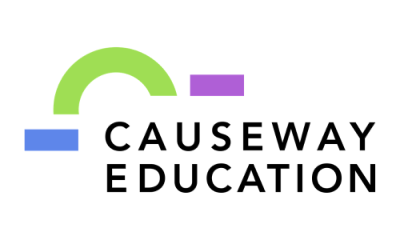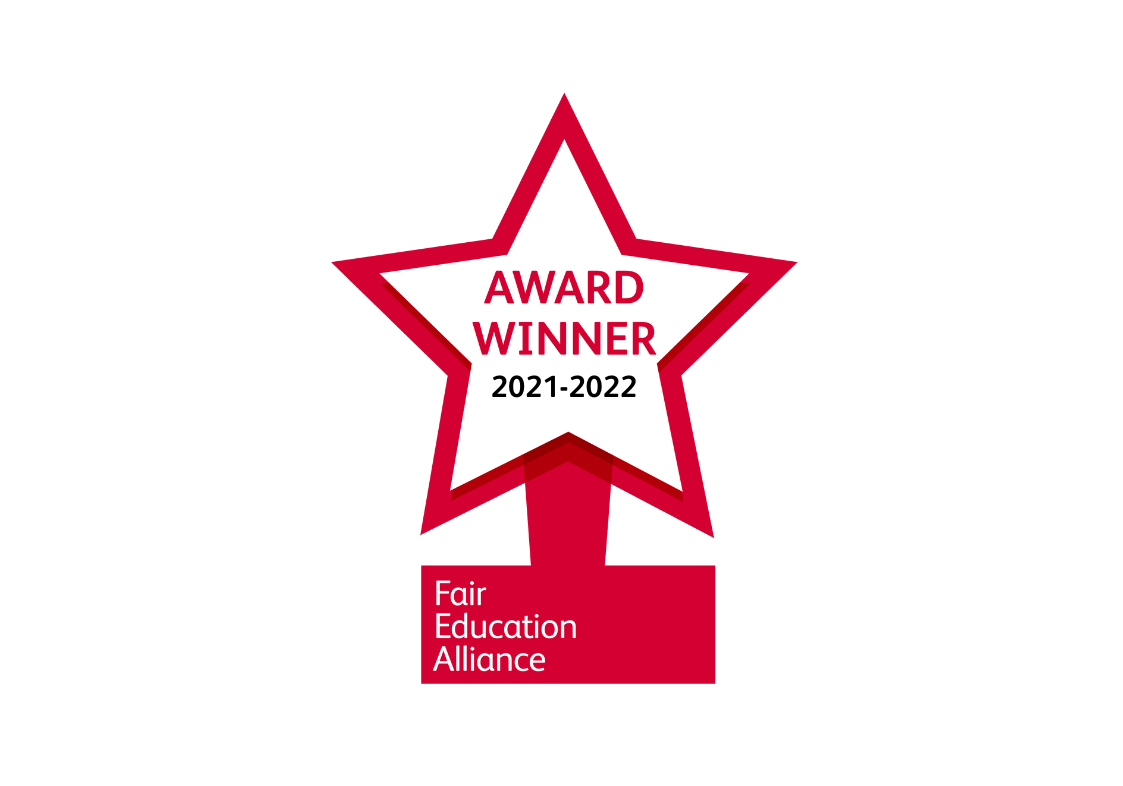E-mentoring during a pandemic: Scaling up and ensuring quality
/How do you scale up a long-running e-mentoring programme while maintaining high-quality processes and outcomes, all during an unprecedented pandemic? Drawing on his experience steering Causeway’s Academic Apprenticeship programme in 2020, Programme Manager Aron Rouse shares his thoughts.
The Academic Apprenticeship is Causeway’s longest-standing programme, partnering with universities and third-sector organisations to provide end-to-end application support for state school students. Academic Apprentices gain access to OSCAR, our personal statement platform, and are paired with one of our crack team of subject-specific mentors.
When I joined Causeway in 2018, there were around 35 freelance mentors on the books and mentor training sessions ran for 10-15 attendees. We were in the same room, no need for masks, and COVID-19 was just a meaningless string of letters and numbers.
Fast forward to the end of 2019 and I had overseen two cycles of the programme and managed the training delivery for new mentors. The programme was ticking along nicely, slowly growing whilst we were targeting tweaks to improve the student experience and the recruitment process for mentors. My focus had been on ensuring that the programme was the best quality, that student engagement was high (notoriously hard with an e-mentoring programme) and that the advice our mentors gave was not only accurate, but delivered in a way that would motivate the young people we were targeting.
Ensuring high quality
At Causeway we have developed a system of Quality Assurance that relies on frontloading our effort.
Mentor screening & recruitment
The planned recruitment process for 2020 included the bits you’d expect, along with a video call and invitation to a group training session. Successful applicants were due to be invited to complete our online feedback exercise, before finally completing a draft feedback exercise. This last task was in place to provide applicants the opportunity to put their learning into practice, receive feedback and give us the chance to see how they might approach the role.
Mentor training
As much as e-mentoring has its positives, its very nature provides a barrier to communication that requires attention. As a result, our training emphasises that the role of the mentor is key to ensuring that:
Students feel supported
Messages are clear
Feedback is actionable
Considerations need to be made in terms of:
The tone and timing of communication
Topics for discussion
The methodology behind the provision of feedback
Ongoing support & observation
Whilst the programme is ongoing, it’s important for mentors to feel supported in their role. As well as being contactable via email and telephone, we opened a Microsoft Teams channel in 2018, which has progressively become more of a space for sharing updates, signposting for students, ideas and raising issues.
The OSCAR platform provides administrators with access to all communication between mentors and mentees (messages exchanged and feedback submitted). As well as being useful for safeguarding reasons, this also allows us to address any issues as they arise and/or provide mentors with advice & guidance in relation to live scenarios.
Growth during lockdown
Then the pandemic hit. Any chance of face-to-face delivery faded and the Academic Apprenticeship became an appealing option for universities and corporate partners looking to reformat their summer schools and outreach programmes.
Academic Apprenticeship in numbers
107 students in 2016/17
267 students in 2017/18
368 students in 2018/19
550 students in 2019/20
Demand for places doubled, we were suddenly faced with the proposition of catering for over 1,100 students on our own programme, as well as training a number of external university teams, so that hundreds more students could receive our personal statement mentoring from ambassadors, as part of their summer school provision.
I don’t mind admitting that I was daunted by the mammoth task ahead and at times questioned whether it was realistic to maintain these new quality measures with the upsurge in demand. It was set to be an intense, but utterly worthwhile, 3 months.
Rapidly expanding training & onboarding
We asked one of our long-standing freelance mentors to take on a support role. As much as it was important to be able to take on lots of students, it was even more important to ensure that this didn’t mean that quality went out of the window. A day per week has been dedicated to:
providing a significant chunk of the feedback on draft feedback tasks during the onboarding process
reviewing communication between mentors/mentees to date
reviewing feedback provided by mentors
writing up feedback for mentors i.e. highlighting strengths and areas for improvement
These are all rather time-consuming processes, so this support has been great in terms of coverage and freeing up capacity for supporting individual students and mentors where necessary.
“This has been a really valuable experience for me and it’s been so interesting hearing about all the students’ interests and activities - amazing seeing how their statements develop over the process, too.”
“Even though I have been giving students feedback for years it has been really great to learn the OSCAR way and I am a complete convert - I love this approach and it is so easy for the students and mentors to use the programme with good outcomes.”
It’s not over until UCAS say it’s over!
Whilst a significant number of students sent off their UCAS applications in time for the October deadline or internal deadlines set by their school/college, we know from experience that others may not engage with us until later on. We are here to support students right up to the final UCAS deadline of 15th January (now 29th January!) Even now, we still have students asking for our support for the first time and it’s crucial to be able to offer them the same high-quality support as those who submitted earlier. This flexibility is key when working with WP students, to make sure that we reach as many of them as possible.
We’ve collated a number of heart-warming comments sent by students to their mentors so far, which demonstrate that the Academic Apprenticeship continues to have a positive, even transformative, impact despite the challenging circumstances.
“Thank you again very much for all the help, it was a pleasure being able to have all the help and advice, I am so grateful for all of it. I’d never have been able to bring my personal statement anywhere close to this without all the help!”
“My statement is unrecognisable from draft 1, honestly without your constant feedback and support this wouldn’t have been possible. I appreciate everything you’ve done to an unimaginable extent!”







